By Samantha Sallade, PhD
Dr. Sallade is a certified school psychologist who is experienced in evaluating children for autism and other neurodevelopmental challenges. She is the Director of Clinical Operations of As You Are, a virtual clinic dramatically increasing access to early autism diagnostic services through the use of exclusively telehealth appointments.
Although this article’s title may describe what you’re wondering about – How should I react? How will I react? – the truth is, there is no right or wrong way to react to the news that someone you love has been diagnosed with autism. Whether it’s your child, a loved one, or even yourself, it’s difficult to predict how you might react to learning about an autism diagnosis until it happens.
The most important thing to know is that there are many ways to react to an autism diagnosis. Feeling a mix of emotions, fluctuating among different or contradictory emotions, and feeling confused about how you’re feeling are all normal!
Adjusting to the news of an autism diagnosis takes longer than a moment. Everyone processes this type of information differently, so there’s no set timeline. It’s a process, and it takes time to go through. The best thing to do is to give yourself the time, space, and patience to feel whatever you’re feeling. Acknowledging your emotions is the first step to moving forward.
Here are some of the things you may be feeling:
- Shock – It may feel like you can’t take in what the doctor or therapist is saying.
- Numbness – At first your reaction might be “eh, it’s no big deal.” Your brain may do this at first to protect you from having to deal with lots of emotions all at once.
- Fear – You may worry about what will happen in the future and what people will think.
- Shame – You may feel embarrassed and worry about how this diagnosis reflects on you, your family, and your loved ones. You may think you’re not worthy of love and respect because you, your child, or a loved one has this condition (Reality check: You are worthy of love and respect. An autism diagnosis does not make anyone “less than” and is not your fault.)
- Anger – You may feel frustrated at the diagnosis or the “label.” It may be helpful to note that anger is really a mask for hurt, fear, frustration, or some combination of these.
- Grief – You may have had expectations or a vision for how your and your family’s life were going to, or should, unfold. You may grieve the loss of that imagined future.
- Relief – You may feel glad to finally have an answer to the concerns you’ve had.
- Hope – You may feel optimistic that you or your loved one will now get the support they need to thrive. Things will only get better from here.
- Pride – You and your family have come so far already and have overcome challenges that most people don’t have to face. You are now part of a strong, supportive community of people navigating life after an autism diagnosis, who are here to help.
Once you’ve taken some time to process and feel your feelings. Take a deep breath and know that you are not alone! Everybody needs help from time to time, so reach out! Here are some resources to start: reach out to a doctor or therapist, find a support group, talk to family or friends, hear another mother’s experience. Then, you can start your journey.
For additional resources, check out some more Notes from the Doc blog articles.



















